Organ trafficking in Iran: liver, kidney, cornea!
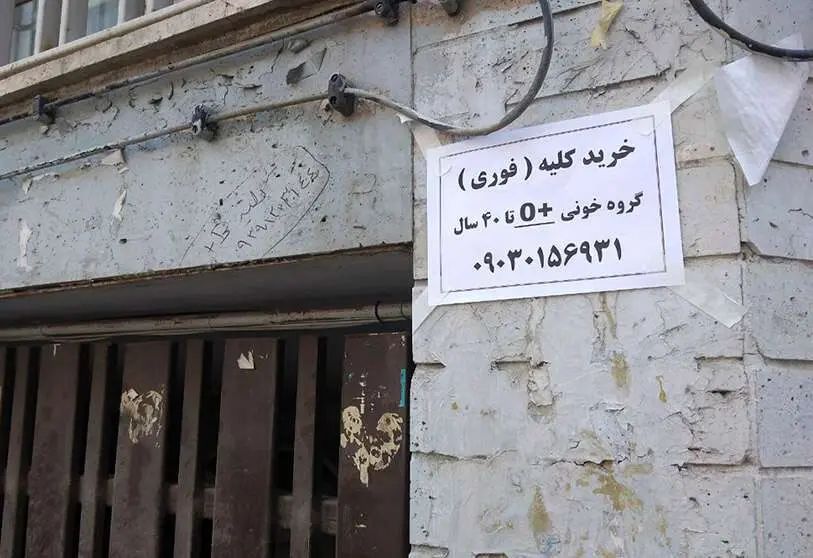
Along Tehran's Vanak Square, near Hasheminejad Hospital, we find the walls full of posters and graffiti with the names and telephone numbers of those selling or in need of body organs, or we hear them on the spot shouting their availability, as if they were street food vendors. Lives are literally being auctioned off.
In Iran, poverty is growing unstoppably, taking on a strange and sometimes hard to believe form through a growing market in which a group of people exchange their lives for some money; liver, kidney, cornea, bone marrow.
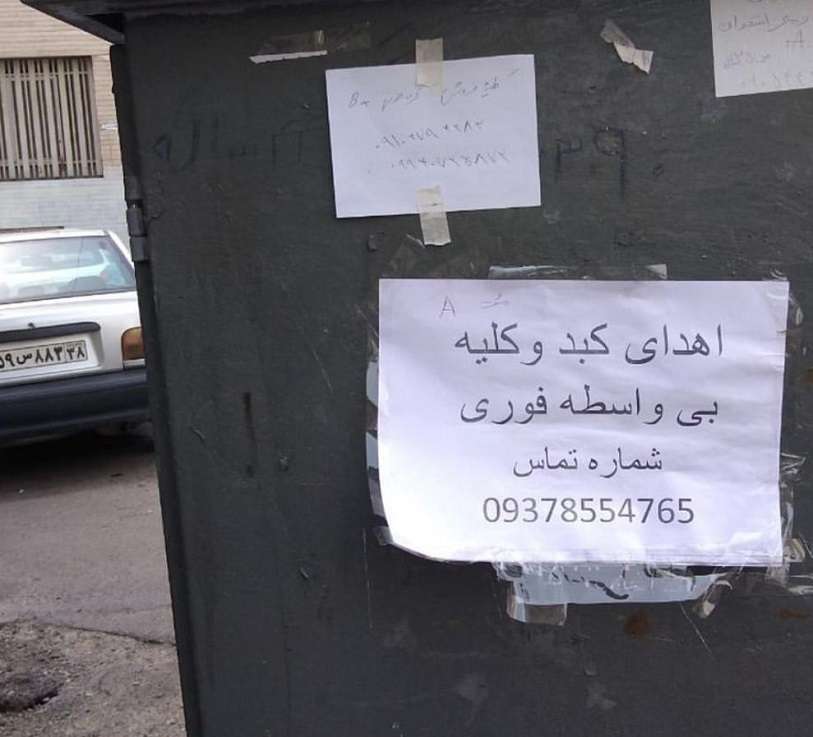
The organ market has been legalised in Iran since 1996 and the government, the media and some sectors of society want to make organ donation a cultural issue. "We have to work on the culture of organ donation," proposes a doctor at Moheballi Hospital to stop seeing people die in the transplant queue and to prevent illegal transactions and "prevent children from entering the human trafficking market".
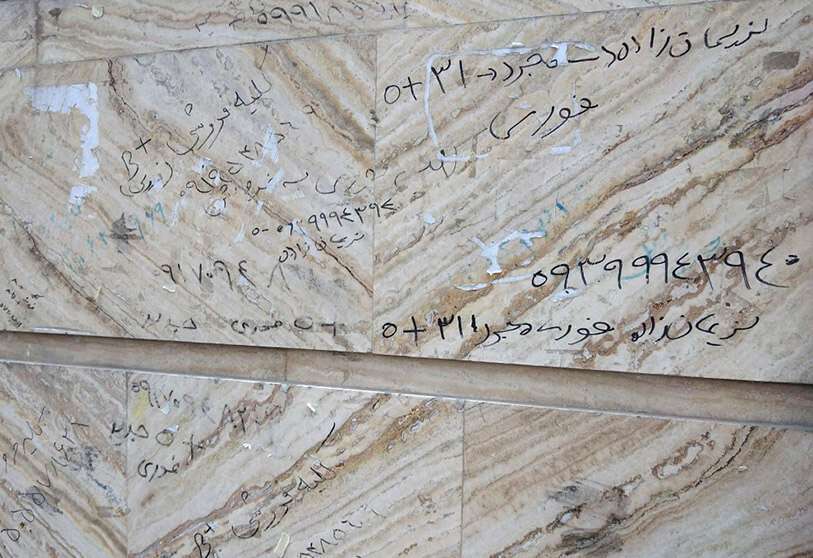
However, the situation of scarcity and the poverty of part of the population means that the buying and selling of organs is becoming increasingly entrenched and is seen as a means of subsistence, with the illegal trade in this "type of product" growing, with the aim of skipping waiting times and adjusting the price to the price set by the actors involved, almost always above that established by the government. Intermediaries, sellers and buyers of organs agree that compulsion and necessity are the origin of the buying and selling of organs on the black market, and as long as the cause continues, this business will continue to grow.
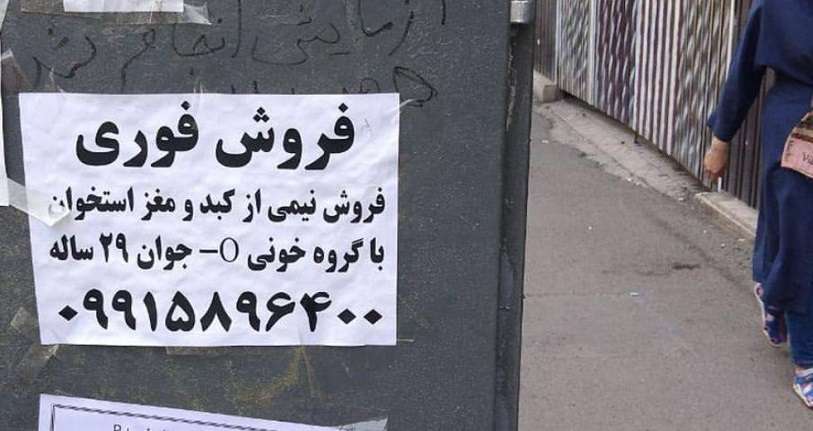
This business, because of its illegal status, is self-regulating and sets its own rules for determining the value of the "product". Not smoking, the donor's age, being a sportsman, not having diseases and, above all, the blood type of the seller, are some of the indicators that establish the selling price of organs in this market. If your blood type is 0 negative, the value of your organs at least doubles.
Going further, and delving a little deeper into the consequences of normalising this type of service, we find an inevitable link with human trafficking, especially of children. In Iran, many children are born without official registration, surviving by working on the streets until they are sold by organ traffickers.
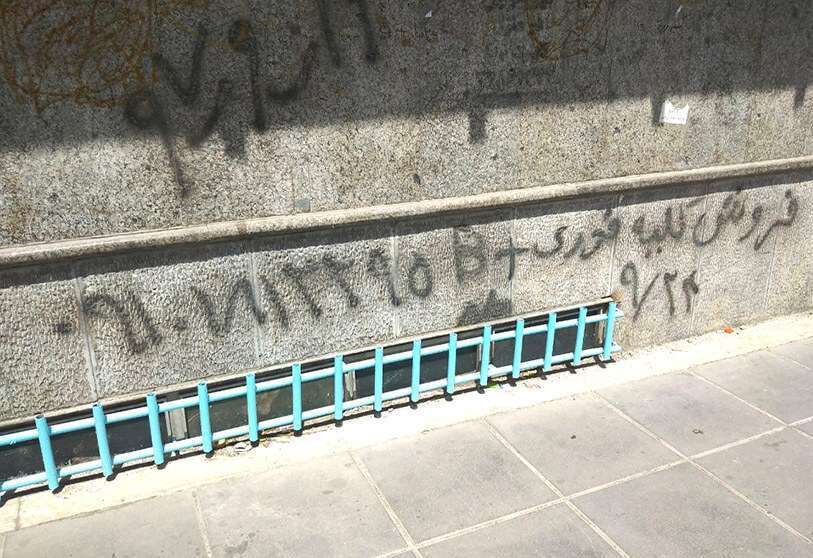
One of the people who requested, by purchase, a liver for his teenage daughter, stated that he could pay more but insisted that he was not willing to acquire it through intermediaries, because he had previously been presented with several suspicious cases in which the broker was not open to carrying out the transplant in a hospital other than the one previously agreed, nor that it would be operated on by a doctor he trusted, and furthermore, the proposed donor did not provide reliable genetic and family identification.
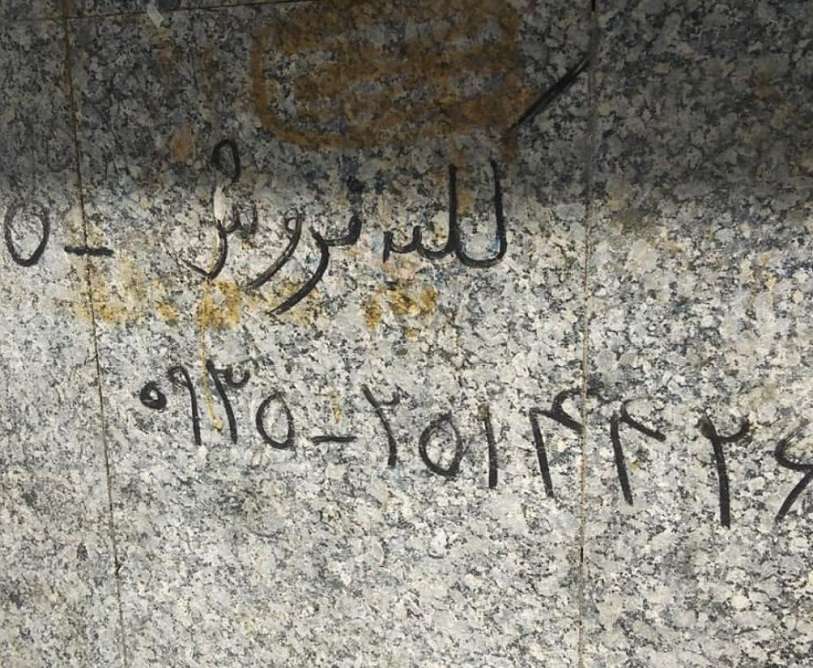
While some do not see immorality in organ donation out of economic necessity, this public transaction of human life and health for money is a business opportunity for the black market and a clear demonstration of the serious consequences of the poverty suffered by the Iranian population.








